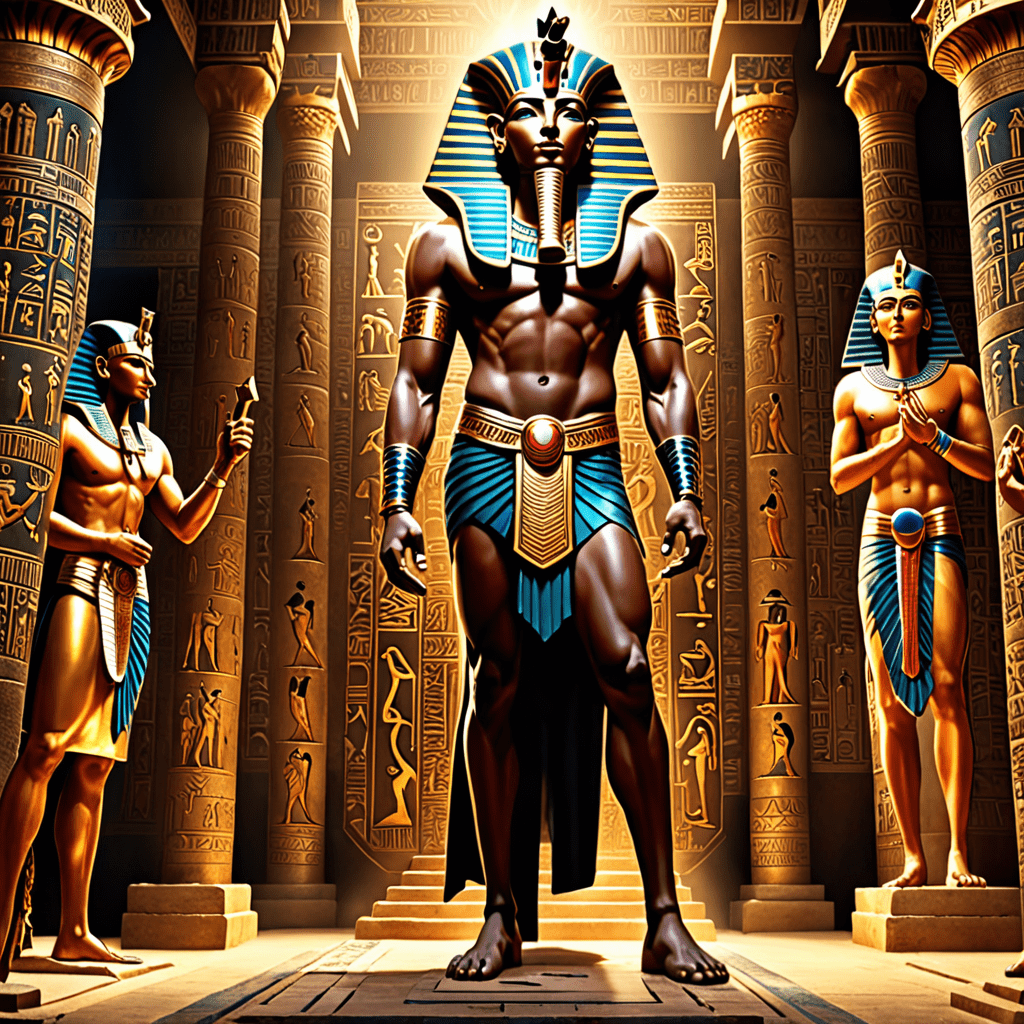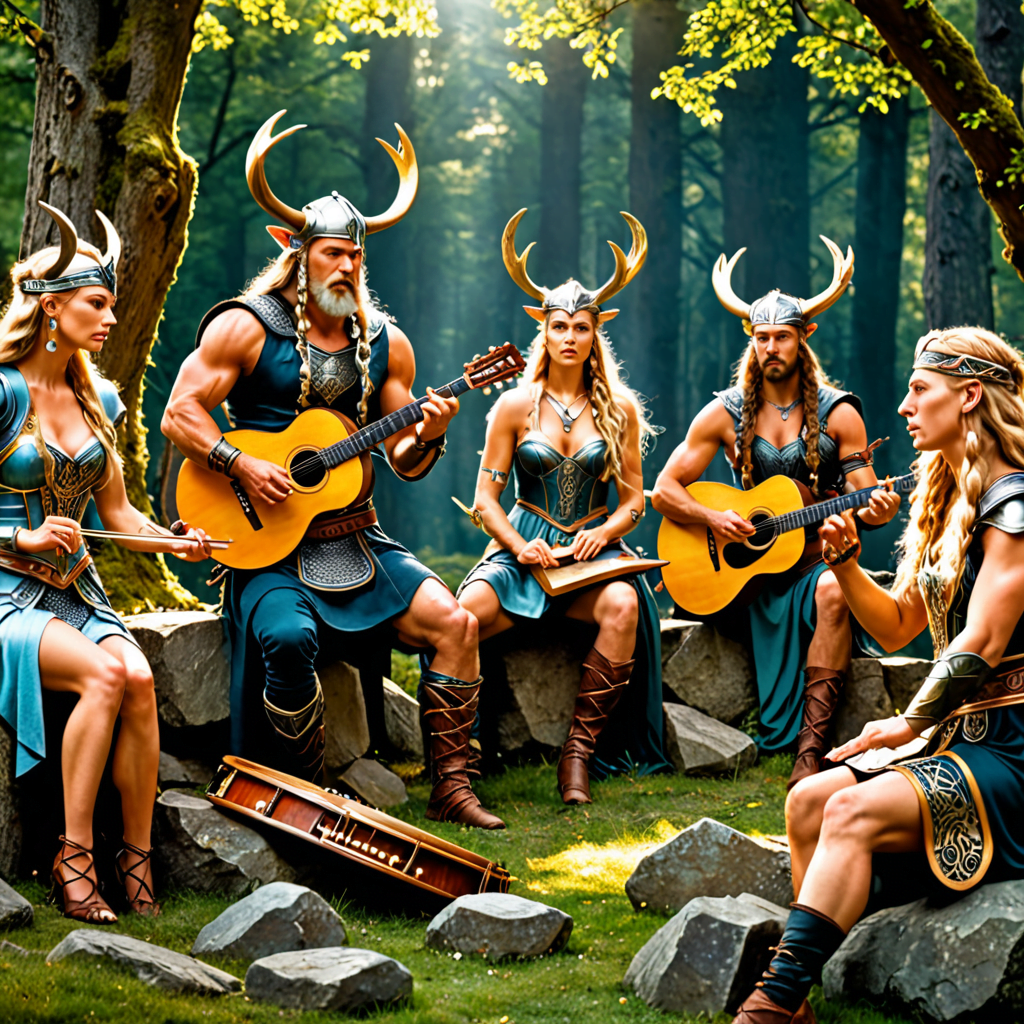The Myth of the God Montu in Egyptian Mythology
Introduction to Montu, the God of War
In Egyptian mythology, Montu was revered as the god of war, often depicted as a falcon-headed or bull-headed man carrying various weapons. Montu was associated with strength, fierceness, and valor in battle, embodying the aggressive and combative aspects of warfare. As a warrior deity, Montu played a significant role in Egyptian religious beliefs and rituals, particularly in the realm of military victories and protection.
Origins and Worship of Montu
Montu’s worship was prominent in ancient Thebes (modern-day Luxor), where a cult center was dedicated to him. He was considered one of the principle gods in the Theban region, honored for his role in defending Egypt and its pharaohs against enemies. Montu was sometimes linked with the sun god Ra, emphasizing his association with power and the ruling authority.
Symbolism and Attributes of Montu
Montu was often depicted wearing a sun disc and double plumes on his head, symbolizing his connection to the sun and kingship. His fierce aspect was represented by the uraeus (cobra) on his forehead, signifying protection and potency. In Egyptian art, Montu was portrayed as a great warrior riding on a chariot or wielding weapons such as a sword or a bow, showcasing his dominance in battle.
Legacy and Significance of Montu in Egyptian Culture
Despite being primarily worshipped in the Theban region, Montu’s influence extended throughout Egypt, as his attributes of strength and protection resonated with people across the land. His presence in religious ceremonies, especially those related to warfare and conquest, highlighted the importance of martial prowess and divine intervention in ancient Egyptian society. The legacy of Montu as the god of war endures in the annals of Egyptian mythology, showcasing a deity revered for his martial might and valor.
FAQ About the Myth of the God Montu in Egyptian Mythology
Who was Montu in Egyptian Mythology?
Montu was a powerful ancient Egyptian god associated with war and violence. He was often depicted as a man with the head of a falcon, representing his connection to the sky and his fierce nature.
What were Montu’s characteristics?
Montu was known for his courage, strength, and ferocity in battle. He was revered by warriors and pharaohs seeking victory in conflicts. Montu was also linked to the sun, embodying the sun god’s fiery, destructive aspect.
Where was Montu worshiped?
Montu was primarily worshipped in Thebes (modern-day Luxor), where a temple dedicated to him stood. The city held great significance as a center of worship for Montu, reflecting his importance in Egyptian religious beliefs.
What symbols were associated with Montu?
Montu was often symbolized by the bull, highlighting his association with strength and aggression. Additionally, the spear and the sun disk were commonly associated with Montu, representing warfare and his solar aspects.
Did Montu have any family connections?
In Egyptian mythology, Montu was sometimes considered the son of the goddess Ra or the goddess Mut. He was also sometimes linked to other deities like Amun, highlighting the complex



